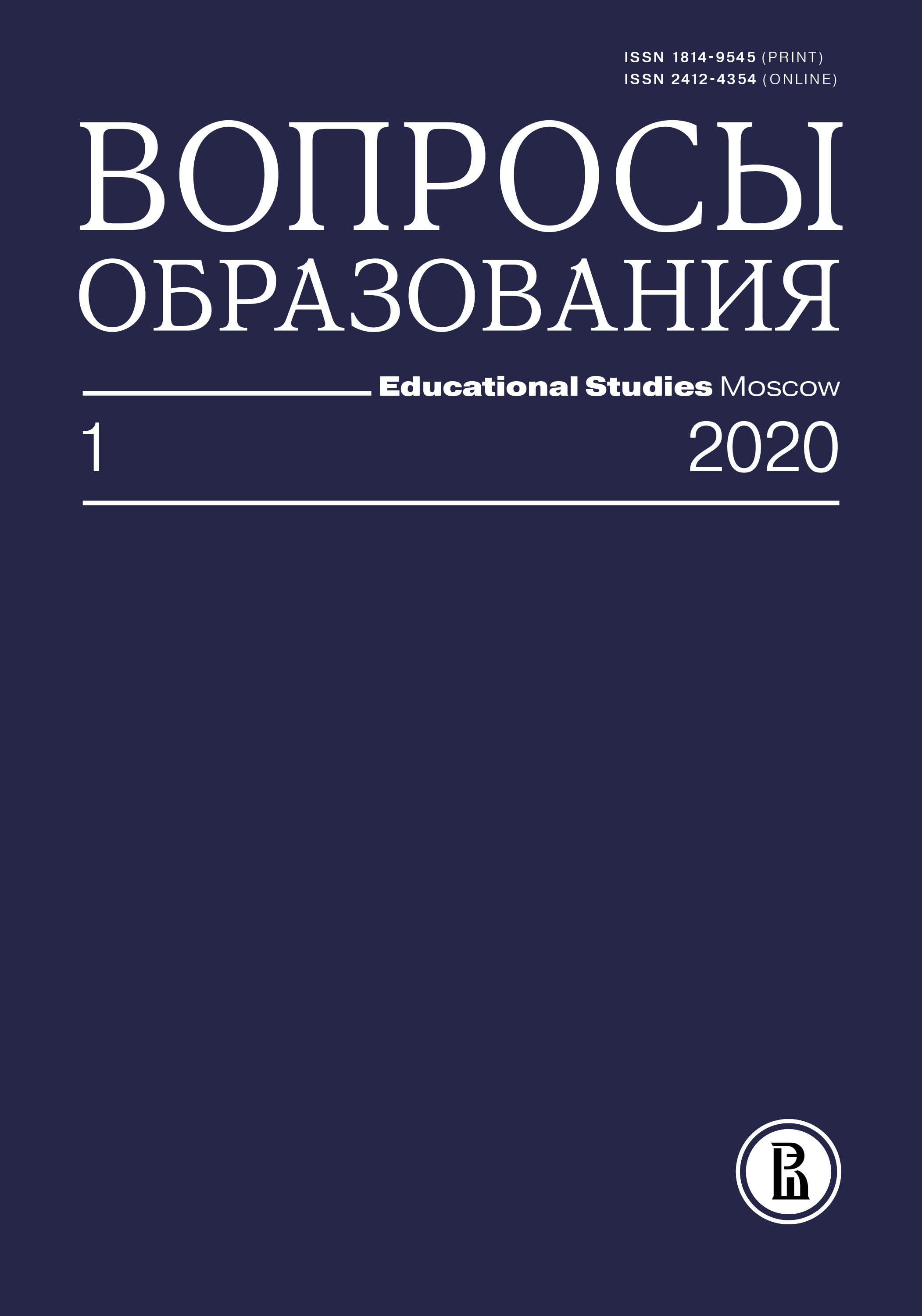Литературное образование: мнения участников образовательных отношений
Аннотация
С целью определить структуру литературного образования, т. е. потребности участников образовательных отношений в сфере чтения художественной литературы, а также институции и ресурсы, используемые для их удовлетворения, авторы анализируют термин «литературное образование», раскрывающий исторически сложившийся подход к трактовке данного понятия, а также используют результаты качественных социологических исследований: фокус-групп и глубинных интервью с учителями, библиотекарями, родителями, студентами и старшеклассниками. При всех различиях в трактовке литературного образования между участниками образовательных отношений общим для них является крайне низкая оценка роли школьных уроков литературы и библиотеки, поиск путей удовлетворения потребностей в других формах получения знаний о литературе и читательского опыта.








